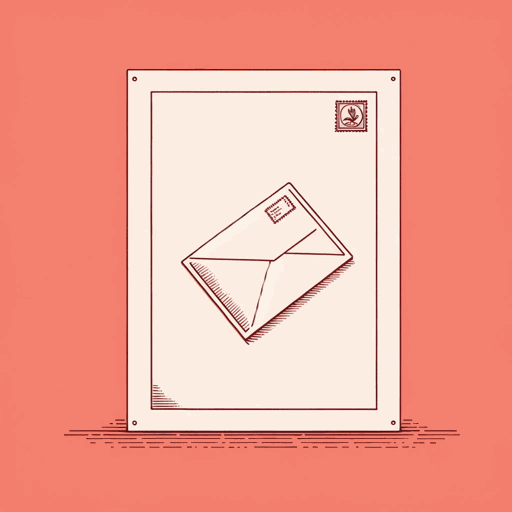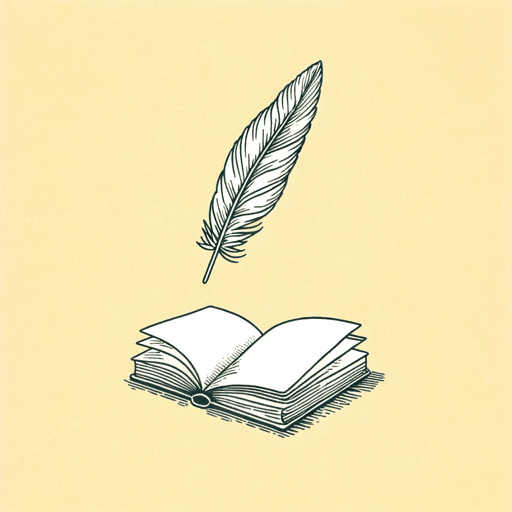54 pages • 1 hour read
Milan KunderaThe Joke
Fiction | Novel | Adult | Published in 1967A modern alternative to SparkNotes and CliffsNotes, SuperSummary offers high-quality Study Guides with detailed chapter summaries and analysis of major themes, characters, and more.
Summary and Study Guide
Overview
The Joke is a novel by Czech author Milan Kundera. Released in 1967, it tells the story of Ludvik Jahn and his life under the Czech communist regime. The novel has been celebrated as one of the most important literary works of the 20th century. A 1968 film adaptation by director Jaromil Jires was banned in Eastern European cinemas. The Joke was Kundera’s first novel in his long and distinguished career. He received the Jerusalem Prize and the Austrian State Prize for European Literature, as well as the international Herder Prize, and was nominated for the Nobel Prize in Literature multiple times. He also published short stories, essays, poetry, and plays.
This guide refers to the 1992 HarperCollins edition, translated into English by Aaron Asher.
Content Warning: This guide discusses suicide, suicidal ideation, an attempted rape, sexual assault, and domestic violence.
Plot Summary
The Joke is set against the backdrop of post-World War II Czechoslovakia under the communist regime. It is told in a nonlinear narrative, jumping back and forth in time and among narrators.
The main character and first narrator is Ludvik Jahn. Once a young and idealistic student, Ludvik is expelled from the Communist Party and his university due to his perceived political subversion. The “subversion” concerns a humorous postcard he wrote to his girlfriend, Marketa, that contained a playful, ironic reference to Trotskyism. Marketa is notorious for her lack of humor, so she is little help in protecting him from the authorities. In the paranoid atmosphere of Czechoslovakia during the 1950s, even such innocuous remarks are seen as a threat to the Party. After refusing to apologize during his trial, Ludvik is expelled from the Party, much to his distress.
Since he is no longer a student and no longer a Party member, Ludvik is now eligible for military service. Rather than being sent to the Army, however, his apparent Trotskyite associations mean that he is sent to work in a mining camp far away from Prague. Life in the camp is difficult, but Ludvik meets many interesting people. He and his fellow miners earn a small wage and spend this money drinking alcohol and pursuing women in the local town. During this time, Ludvik meets a woman named Lucie and convinces himself that he loves her. He tries to have sex with her when he sneaks out of the mining camp, but she resists him. On his final failed attempt to sleep with Lucie, he is caught by the camp guards and court-martialed. Ludvik is sent to prison for a year. His mother dies while he is in prison, and he is not able to attend the funeral. After being released, he drifts around the country for some time before eventually finding work as a scientist. He resents the Party and is filled with bitterness.
Many years later, Ludvik returns to his hometown, remembering how his youthful optimism and political leanings were almost destroyed. He meets his old friend Kostka, who agrees to allow Ludvik to stay in his apartment for the weekend. Ludvik gets a haircut and vaguely recognizes the woman who cut his hair. Kostka confirms that her name is Lucie, though she now lives under another name.
Jaroslav is one of Ludvik’s oldest friends. They grew up together and shared much in common, including a love of traditional Czechoslovakian folk music. Jaroslav spots Ludvik in town but is surprised that his old friend seems to ignore him. He puts this to the back of his mind, however, because his son, Vladimir, is set to take part in the town’s traditional festival: the Ride of the Kings.
Ludvik has returned to his hometown because he plans to meet a woman named Helena. She is a radio journalist who recently interviewed him. During the course of the interview, she revealed that she was married to a man named Pavel Zemanek. Ludvik had recognized Pavel’s name: He was instrumental in his expulsion from the Party. Ludvik plans to get revenge on Pavel by having sex with Helena. When she arrives, he takes her to dinner and then back to Kostka’s apartment. His thoughts filled with revenge, he has sex with Helena. Afterward, she tells him that her marriage to Pavel is practically over and that she is now in love with Ludvik. This horrifies Ludvik, who feels as though he has failed to exact his revenge. Furthermore, he worries that Kostka now knows Lucie better than he ever did.
The next day, Ludvik misses his train and must stay in the town for the Ride of the Kings. Jaroslav watches the festival, proud of his son, but he begins to suspect that the child dressed as the king is not Vladimir. Ludvik meets Pavel and Pavel’s new mistress. Pavel seems aware of the affair between Ludvik and his wife, Helena, and he seems content that Ludvik has done him a favor by giving him a reason to end his marriage. Ludvik begins to see similarities between himself and Pavel, much to his horror, and he worries that Pavel will ask for forgiveness. Instead, after awkwardly talking to Helena, Pavel and his mistress leave. Helena, who is accompanied by her young assistant, Jindra, is shocked when Ludvik tells her that he does not love her. As Ludvik sits down in a restaurant, Helena is seized by a desire to attempt suicide. She finds a bottle of pills in Jindra’s coat and takes them, handing a suicide note to Jindra to deliver to Ludvik. When Ludvik eventually reads it, he rushes to find Helena, only to discover that the pills are actually laxative tablets. Helena is safe but humiliated, while Ludvik feels empathy for her for the first time.
Later, Ludvik finds Jaroslav alone in a field, despondent because his son had rejected his role as the festival’s king and, with it, his father’s legacy. Ludvik reunites with his old friend, and they agree to play music together, just like the old times. Ludvik finds comfort and connection while playing with Jaroslav, despite the fact that he had previously criticized Jaroslav’s music. As they play into the night, Jaroslav is annoyed that the young, boisterous crowd is not respecting his folk music. He plays on but has a heart attack. Ludvik is assured that Jaroslav will survive, and his outlook on life is forever changed.
Related Titles
By Milan Kundera




